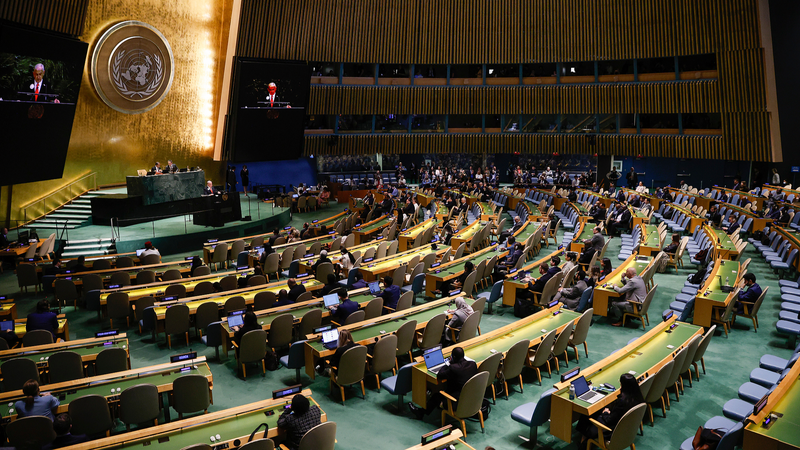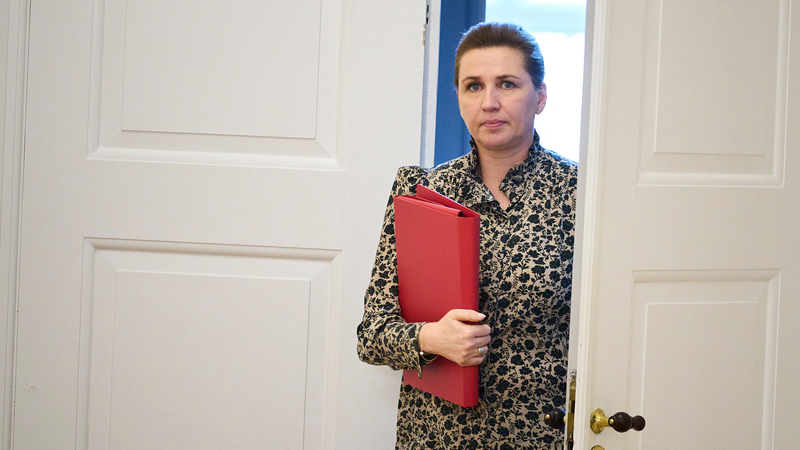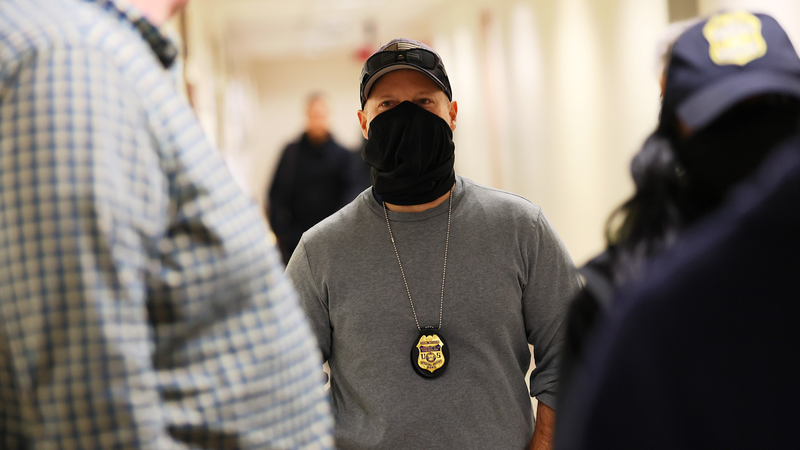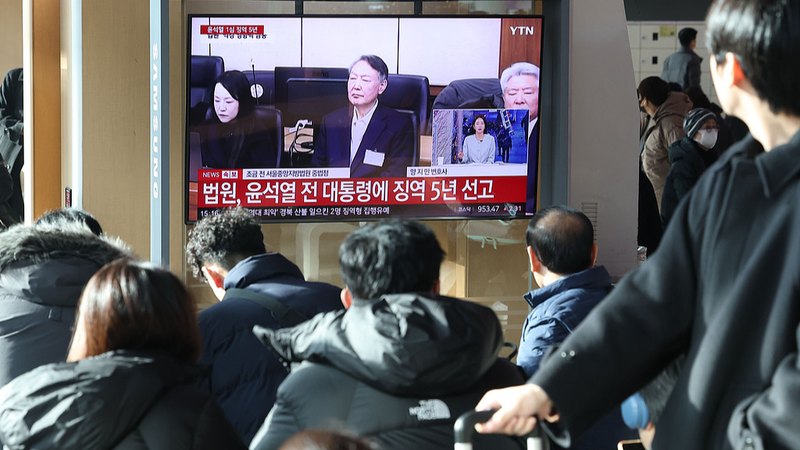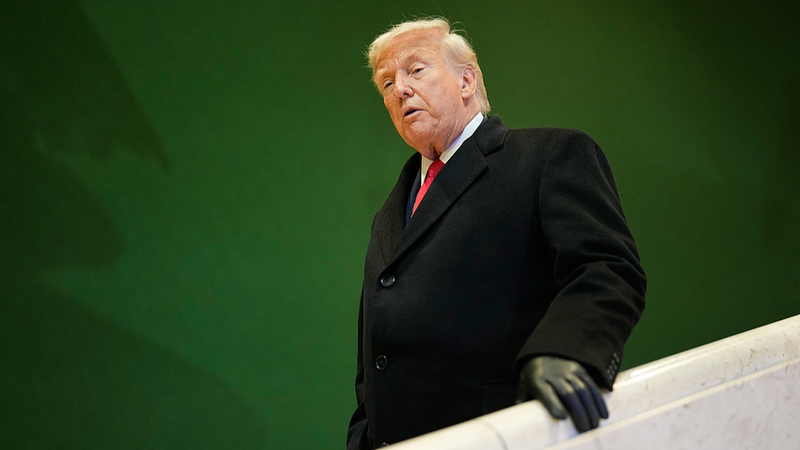Lights, camera, controversy! When Israeli Prime Minister Benjamin Netanyahu took the stage at the 80th UNGA, scores of delegates literally walked out 🚶♂️🚶♀️. The drama unfolded as he slammed recent recognitions of Palestine by countries like France, Britain, Portugal, Australia and Canada. “It sends a clear message to the Palestinians that ‘murdering Jews pays off,’” he said, drawing boos from some corners and applause from others.
So far, over 150 UN member states have recognised the State of Palestine – a major flex for supporters of the two-state solution. For anyone new to the term, the two-state solution simply means imagining two independent countries (Israel and Palestine) coexisting side by side. Sounds straightforward, but decades of complex history make it anything but.
Netanyahu didn’t hold back, accusing the Palestinians of rejecting a Jewish state next to Israel and wanting to replace it entirely. Meanwhile, Palestinian President Mahmoud Abbas reminded the world that the Palestinian Authority recognised Israel’s right to exist back in 1988 and again in 1993. Speaking via video link, Abbas called the Gaza war a campaign of “genocide, destruction, starvation and displacement” that’s hurt over 220,000 Palestinians.
He also condemned the October 7 attack by Hamas, stressing it doesn’t reflect the broader Palestinian push for freedom. Abbas thanked the countries that recently recognised Palestine and supporters worldwide, but made it clear: standing with Palestine is not the same as antisemitism.
Amid the UNGA buzz, a new draft resolution—the New York Declaration on the Peaceful Settlement of the Question of Palestine—was adopted, laying out an action plan to reignite talks and push for that elusive two-state dream.
Whether you’re tracking global politics over your morning chai or catching updates between classes, this UNGA session proved that diplomacy can be just as dramatic as your favourite binge-worthy series 🎬.
Reference(s):
cgtn.com
